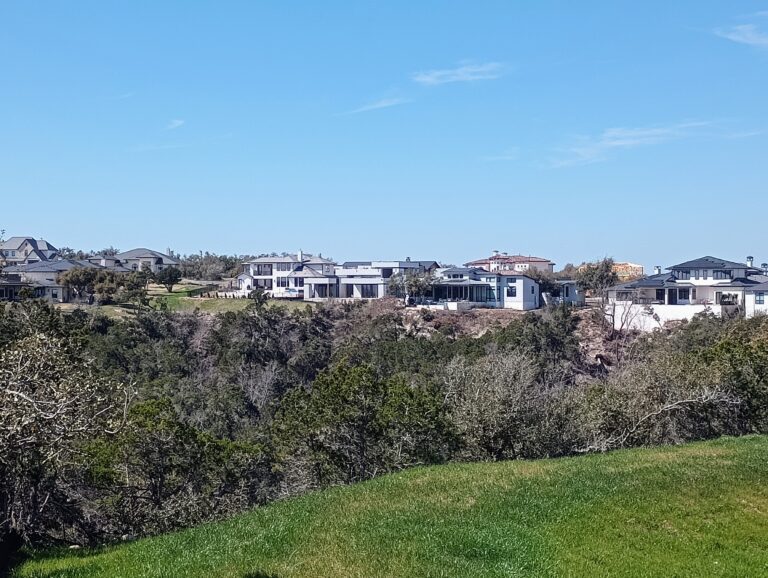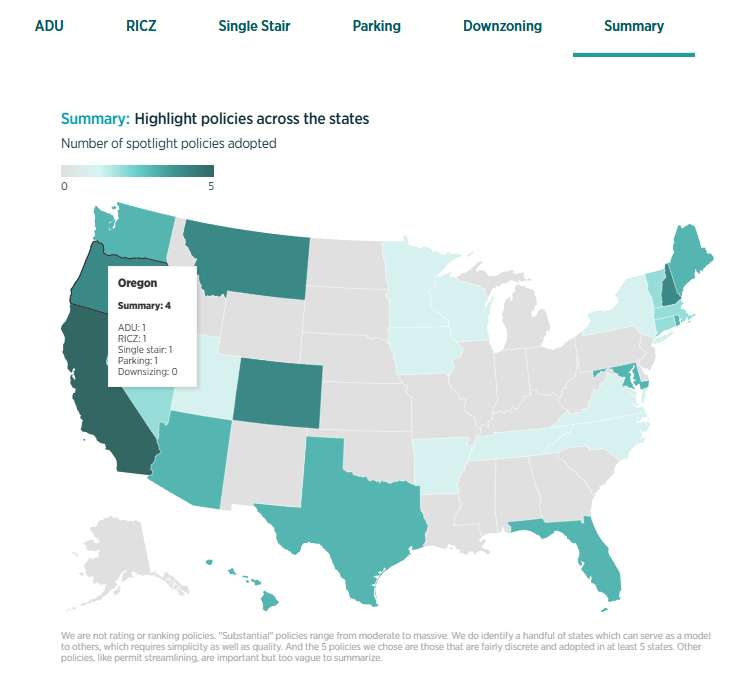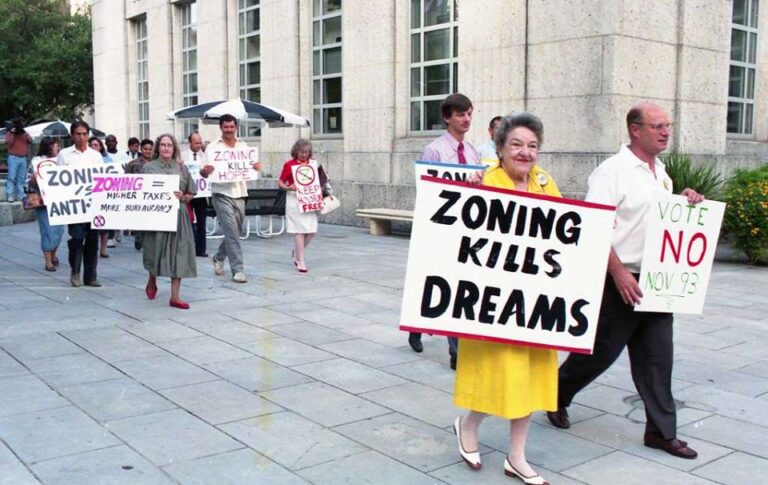Physical Address
304 North Cardinal St.
Dorchester Center, MA 02124
Physical Address
304 North Cardinal St.
Dorchester Center, MA 02124
A recent “supply skeptic” paper by various academics has gotten a lot of attention in housing-related social media. The somewhat sensationalistic title is: “Inequality, not regulation, drives America’s housing affordability crisis.” But unlike most random rants from “not in my…
I recently read a report from one of Georgetown Law School’s many centers, discussing the shortage of low-income housing in six metro areas with high housing growth. * The report points out that owner-occupied units built since 2010 are far…

In the WSJ, Jeff Yass & Steve Moore play the world’s smallest violin for the poor homeowners who are sitting on more than half a million dollars of nominal capital gains and therefore cannot sell. If only that tiny number…
One argument against Manhattan’s congestion pricing plan is that it merely redistributes congestion and pollution to nearby neighborhoods and suburbs, as drivers choose alternative routes that avoid midtown and downtown Manhattan. If this was true, air quality would decrease citywide…
Conservative commentator Ben Shapiro has received some publicity for stating: “If you can’t afford to live here [in New York City] maybe you should not live here.” From the standpoint of advice to individuals, this statement of course makes perfect…
Sometimes, opponents of new housing claim that they aren’t really against all housing- they just want housing to be “gentle density” (which I think usually means “not tall”), or “affordable” (which I think usually means “lower-income housing”). Even if these…

With a hugely productive legislative season in 2025, pro-homes legislators are rapidly taking good ideas around the country. To keep track of it all, my team created a new set of interactive maps. You can see snapshots here: Our goal…
In my last post I critiqued the introduction to Lynn Ellsworth’s new anti-YIMBY book, Wonder City. Having just finished Chapter 1, I thought I would add my thoughts. Ellsworth seems to be primarily motivated by a fear of something called…
Every so often I read a ringing defense of anti-housing, anti-development politics. Someone on my new urbanist listserv recommended an article by Lynn Ellsworth, a homeowner in one of New York’s rich neighborhoods who has devoted her life to (as she…

Two Substacks this week suggest that YIMBYism will or should merge with broader urbanist concerns to become something more like a political party. Two professors aligned with YIMBYism – Chris Elmendorf and David Schleicher – argue that YIMBY needs a…